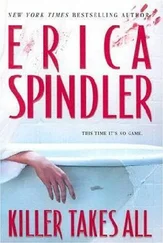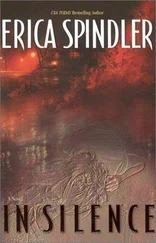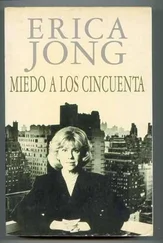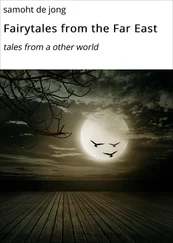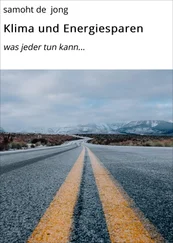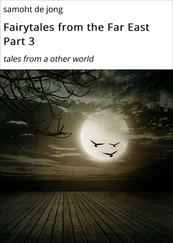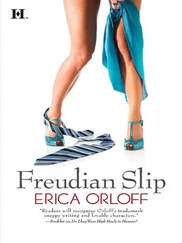FEMMES! LIBÉRONS-NOUS!
16 Seduced amp; Abandoned
The vote, I thought, means nothing to women. We should be armed.
– Edna O’Brien
Paris, again.
We arrive coated with the dust of the road. Two migrants out of John Steinbeck, two dusty vaudeville performers out of Colette.
Peeing by the side of the road is all very charmingly Rous-seauian in theory, but in practice, it leaves your crotch sticky. And one of the disadvantages of being a woman is peeing in your shoes. Or on them.
So we arrive in Paris, sticky, dusty, and slightly pissed upon. We are back in love with each other-that second stage of love which consists of nostalgia for the first stage. That second stage of love which comes when you desperately feel you are falling out of love and cannot stand the thought of still another loss.
Adrian fondles my knee.
“How are you, love?”
“Fine, love.”
We no longer know how much is real and how much fake. We are one with our performance.
I am determined by now to find Bennett and try again if he’ll take me back. But I haven’t the slightest idea where Bennett is. I decide to attempt phoning him. I assume that he’ll have gone back to New York. He hates knocking around Europe almost as much as I do.
At the Gare du Nord, I find a telephone and try to place a person-to-person call. But I’ve forgotten every word of French I ever knew and the operator’s English leaves much to be desired. After an absurd dialogue, many mistakes, bleeps and wrong numbers, I am put through to my own home number.
The operator asks for “le Docteur Wing,” and far off, as if under the whole Atlantic Ocean, I hear the voice of the girl who has sublet our apartment for the summer.
“He’s not here. He’s in Vienna.”
“Madame, le Docteur est à Vienne,” the operator echoes.
“Ce n’est pas possible!” I yell-but that’s the extent of my French. As the operator begins to argue with me, I become increasingly tongue-tied. Once, years ago, when I traveled here as a college student, I could speak this language. Now I can hardly even speak English.
“He must be there!” I shout. Where is he if not at home? And what on earth will I do with my life without him?
I quickly put through a call to Bennett’s oldest friend, Bob, who has our car for the summer. Bennett would be sure to contact him first. Surprisingly, Bob is home.
“Bob-if s me-Isadora-I’m in Paris. Is Bennett there?”
Bob’s voice comes back faintly, “I thought he was with you.” And then silence. We’ve been cut off. Only it is not quite total silence. Is that the sound of the ocean I’m hearing-or do I imagine it? I feel a tiny rivulet of sweat trickle down between my breasts. Suddenly Bob’s voice surfaces again.
“What happened? Did you have a…” Then gurgling interference. Then silence. I envision some giant fish gnawing on the Atlantic cable. Every time the fish chomps down, Bob’s voice goes dead.
“Bob!”
“I can’t hear you. I said: did you have a fight?”
“Yes. It’s too hard to explain. It’s awful. It’s all my…”
“What? I can’t hear you… Where’s Bennett?”
“That’s why I’m calling you.”
“What? I didn’t catch that.”
“Shit. I can’t hear you either… Listen, if he calls, tell him I love him.”
“What?”
“Tell him I’m looking for him.”
“What? I can’t hear you.”
“Tell him I want him.”
“What? I can’t hear you.”
“Tell him I want him.”
“What? Would you repeat that?”
“This is impossible.”
“I can’t hear you.”
“Just tell him that I love him.”
“What? This is a horrible conn…”
We are cut off for the last time. The operator’s voice intervenes with the news that I owe 129 new francs and 34 centimes.
“But I couldn’t hear anything!”
The operator insists that I owe it anyway. I go to the telephone cashier, look in my wallet and find I have no francs at all, old or new. So I have to go through the hassle of changing money and fighting with the cashier, but finally I pay. It’s just too much trouble to protest further.
I begin peeling off francs as if in penance. I’d pay anything just to be home now recollecting this whole thing in tranquillity. That’s the part of it all I really do like best. Why kid myself? I’m no existentialist. Nothing quite has reality for me till I write it all down-revising and embellishing as I go. I’m always waiting for things to be over so I can get home and commit them to paper.
“What happened?” Adrian says, appearing from the men’s room.
“All I know for sure is that he’s not in New York.”
“Maybe he’s in London.”
“Hey-maybe he is.” My heart is pounding at the thought of seeing him again.
“Why don’t we drive to London together,” I suggest, “and part good friends?”
“Because I think you have to face this on your own,” says Adrian the Moralist.
I see nothing sinister in his proposal. In a way, he’s right. I got myself into this mess-why count on him to get me out?
“Let’s go have a drink and think things over,” I say, stalling for time.
“Right.”
And we take off in the Triumph, a map of Paris on my lap, the top down, and the sun gleaming on the city-as in the movie version of our story.
I direct Adrian toward the Boul’ Mich and am delighted to find that I remember the avenues, the landmarks, and the turns. Gradually, my French is coming back.
“Il pleure dans mon cœur/ Comme il pleut sur la ville!” I shout, thrilled to be able to remember two lines of the one poem I managed to memorize in all those years of French classes. Suddenly (and for no reason, except the sight of Paris) I’m flying higher than a kite. “She was born with a shot of adrenalin,” my mother used to say. And it was true-when I wasn’t horribly depressed, I was bursting with energy, giggles, and wisecracks.
“What do you mean il pleut?” says Adrian. “It’s the sunniest bloody day I’ve seen in weeks.” But he’s catching the giggles from me and even before we get to the café we’re both high. We park the car on the Rue des Écoles (the nearest parking place we can find) and leave all our gear in the car. For a moment I hesitate because there’s no way to lock up our things-the Triumph only has a canvas flap-but after all, what do I care about permanence or possessions? Freedom’s just another word for nothing left to lose-right?
We make for a café on the Place St. Michel, babbling to each other about how great it is to be back in Paris, how Paris never changes, how the cafés are always right where you left them, and the streets are always right where you left them, and Paris is always right where you left it.
Two beers each and we are kissing ostentatiously in public. (Anyone would think we were the world’s greatest lovers in private.)
“The superego is soluble in alcohol,” says Adrian, becoming again the self-confident flirt he was in Vienna.
“My superego is soluble in Europe,” I say. And we both laugh rather too loudly.
“Let’s never go home,” I propose. “Let’s stay here forever and be delirious every day.”
“The grape is the only true existentialist,” Adrian answers, holding me close.
“Or the hops. Is it hops or hop? I’m never sure.”
“Hops,” he says authoritatively, taking another belt of beer.
“Hops,” I say, doing the same.
We skip through Paris in a beery blur. We eat couscous for lunch and oysters for supper, and in between we drink innumerable beers and make innumerable stops to pee; we skip through the Jardin des Plantes and around the Pantheon and through the narrow streets near the Sorbonne. We skip through the Jardin du Luxembourg. Finally we rest on a bench near the Fontaine de l’Observatoire. We are happily stewed. We watch the great bronze horses rearing out of the fountain. I have that strange sense of invulnerability which alcohol gives and I feel that I am living in the midst of a romantic movie. I feel so relaxed and loose and giddy. New York is farther away than the moon.
Читать дальше
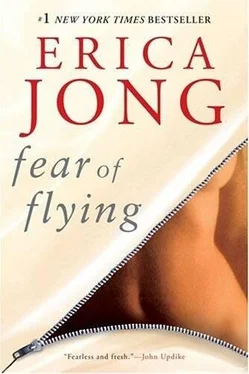
![Brian Jacques - [Flying Dutchman 01] - Castaways of the Flying Dutchman](/books/128851/brian-jacques-flying-dutchman-01-thumb.webp)


